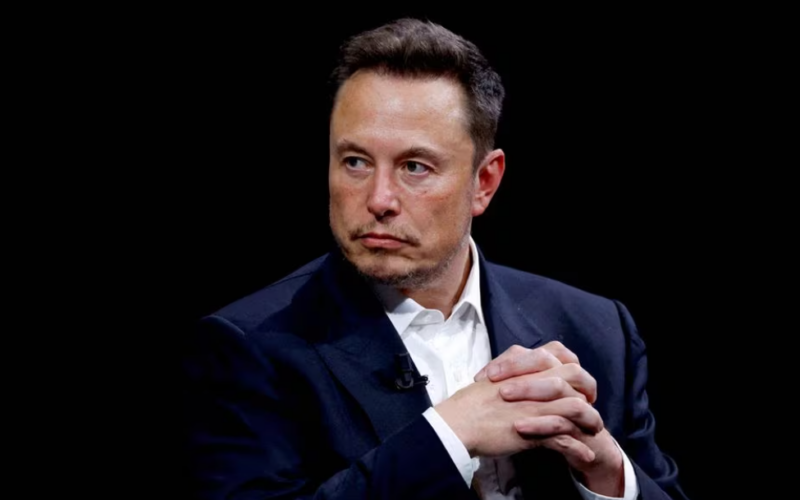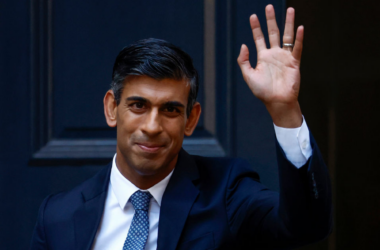Tesla’s enigmatic CEO, Elon Musk, has expressed his discomfort with the prospect of propelling the electric vehicle (EV) giant into a leadership role in artificial intelligence (AI) and robotics without attaining at least a 25% voting control, nearly doubling his current stake. Musk’s remarks, made via the social media platform X (formerly Twitter), shed light on his conditions for steering Tesla’s AI ambitions. As the visionary entrepreneur contemplates a deeper involvement in the burgeoning field of AI, the implications on Tesla’s trajectory and market dynamics come into focus.
Key Points:
- Musk’s Conditions for AI Leadership:
Elon Musk, Tesla’s CEO, has articulated his discomfort with growing Tesla’s influence in AI and robotics without possessing a minimum of 25% voting control. He emphasizes the need for influence but seeks to avoid a situation where his decisions are beyond challenge. - Influence Through Increased Stake:
Musk asserts that he would be open to leading Tesla into AI endeavors if he receives a stock allocation that grants him enough influence without rendering him immune to overturning. - Focus on AI and Robotics:
Despite Tesla’s primary revenue source being its automotive business, Musk has long championed the development of AI technologies, including the “full self-driving” software and humanoid robots. Analysts view Tesla’s AI-related technologies, such as the Dojo supercomputer, as potential drivers of the company’s valuation. - Market Reaction:
Musk’s statements resulted in a roughly 2% decline in Tesla’s shares during pre-market trading. The market appears responsive to Musk’s strategic considerations for Tesla’s future direction. - Dual-Class Share Structure Consideration:
In a separate post on X, Musk expressed openness to a dual-class share structure to achieve the desired 25% voting control. He finds it peculiar that such structures, as seen in Meta (formerly Facebook), are accepted pre-IPO but are deemed challenging post-IPO. - Legal Landscape and Compensation Package Lawsuit:
Elon Musk faces legal challenges regarding his compensation package, with a lawsuit alleging that he leveraged his control over Tesla’s board to secure an outsized compensation package. Musk contends that there is no “feud” with the board over his compensation, and discussions are hindered pending a verdict.
Elon Musk’s strategic vision for Tesla’s foray into artificial intelligence and robotics underscores the dynamic intersection of technological innovation and corporate governance. As the EV industry evolves, Musk’s quest for substantial voting control reflects his commitment to influencing Tesla’s trajectory in emerging fields. The potential adoption of a dual-class share structure and ongoing legal considerations add layers of complexity to the narrative. How Tesla navigates this juncture will not only impact the company’s future ventures but also shape perceptions of corporate governance and innovation within the broader tech landscape.








